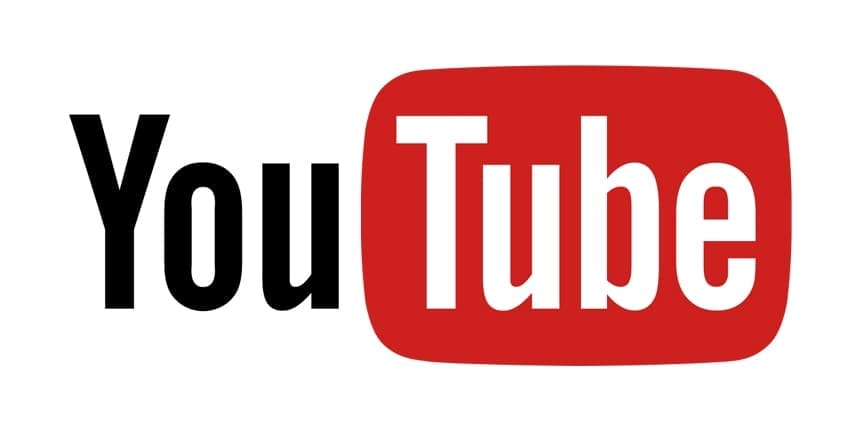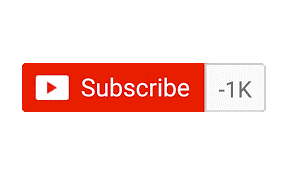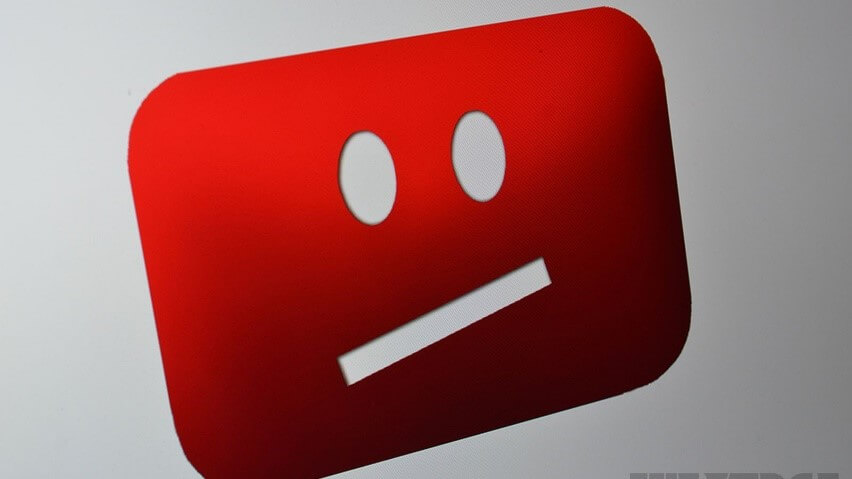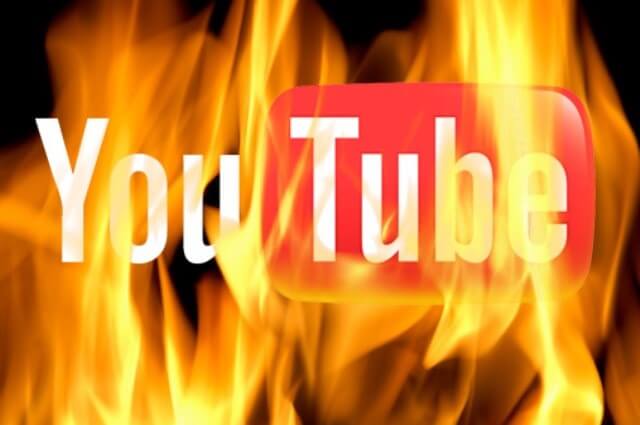
Navigate an unpredictable landscape with actionable, data-driven strategies tailored for your business from the brand down to the local level.

Over this past year YouTube have struggled to maintain good relationships with advertisers. This was due to the scandal breaking out that ads were being placed next to videos of hate speeches.
To find out more on the consequences and how this affected YouTube, read below.
In March, YouTube received a backlash when many advertisers found their ads were being placed next to hateful videos that were in no way related to their brand. As earning revenue via YouTube requires approval this raised a big red flag.
Despite YouTube allowing brands to pick what type of videos their ads will display on, problems like this can still arise when hundreds of hours of content are being uploaded each minute.
There are arguments that advertising in the digital age comes with these risks as ads aren’t sorted by a human with common sense, they are placed by algorithms. However, many believe this to add more responsibility to Google to ensure their management of how ads are placed is more efficient.
The algorithm is designed to place ads next to relevant videos, but unless videos on abortion are related to T-Mobile it seems to have failed.

Following the scandal YouTube have made promises to start hiring more people on their review team and improve their system of sorting which ads are placed where. However, they didn’t exactly help themselves when they offered some companies such a small amount of compensation, some were offered as little as $3.
Another solution YouTube have come up with is to stop placing ads next to videos with less than 10,000 reviews. So good news for YouTubers with a smaller audience who have absolutely no involvement with hate speeches.

Subscribe to our monthly newsletter.
Despite Google’s promise to remove all ads from being displayed on videos with hateful content, many brands aren’t satisfied and want Google to hold more accountability.
Unfortunately for YouTube many brands have lost trust in them and don’t want to take the risk of being associated with offensive content by consumers. This may be why brands are continuing to boycott YouTube even now.

Answer: it didn’t.
Coming to the end of the financial quarter Alphabet seemed very calm, but with no loss in revenue who can blame them.
Despite numerous big companies pulling their ads from YouTube and even Google, Alphabet still managed to increase their revenue from last year by 21%.
BUT HOW????
Since many of YouTube’s competitors milked this scandal as much as they could, it is quite confusing as to how Alphabet are still ahead of the game.
One theory is that no press is bad press, the more people are talking about YouTube the more interest they’re going to have. Or it could just be that Alphabet’s revenue is derived from many different channels that they’ve managed to find extra revenue elsewhere.
Whatever the reason, YouTube are still a major player in the media industry despite recent events. In fact, many companies are returning to advertise. Unfortunately, we must accept mistakes can be made especially in the age of machine over man.
Considering it would probably take a lot to finish YouTube, everyone will be glad to know they may continue merrily watching cat videos.

Navigate an unpredictable landscape with actionable, data-driven strategies tailored for your business from the brand down to the local level.
Navigate an unpredictable landscape with actionable, data-driven strategies tailored for your business from the brand down to the local level.
Navigate an unpredictable landscape with actionable, data-driven strategies tailored for your business from the brand down to the local level.
Subscribe to our monthly newsletter.